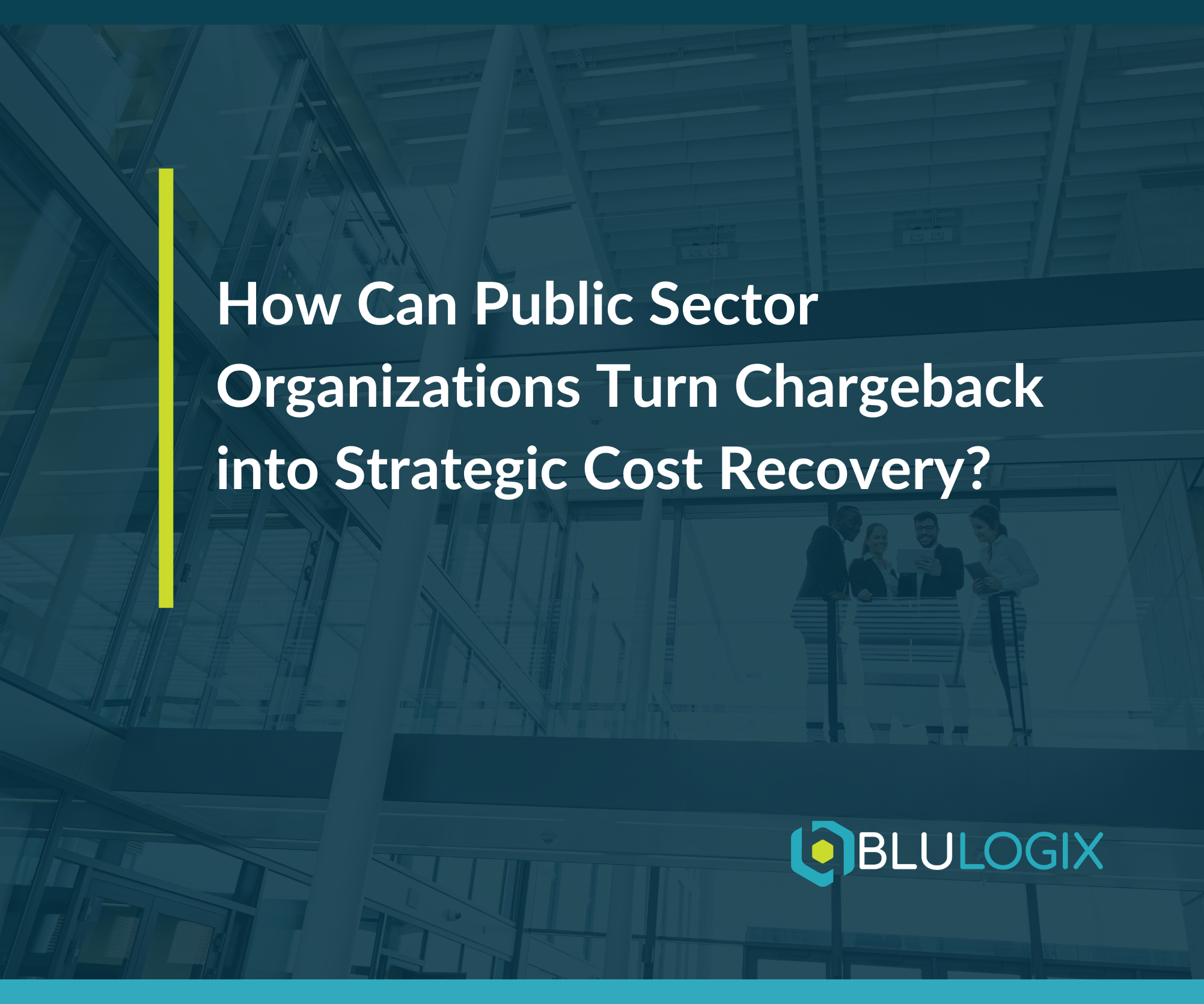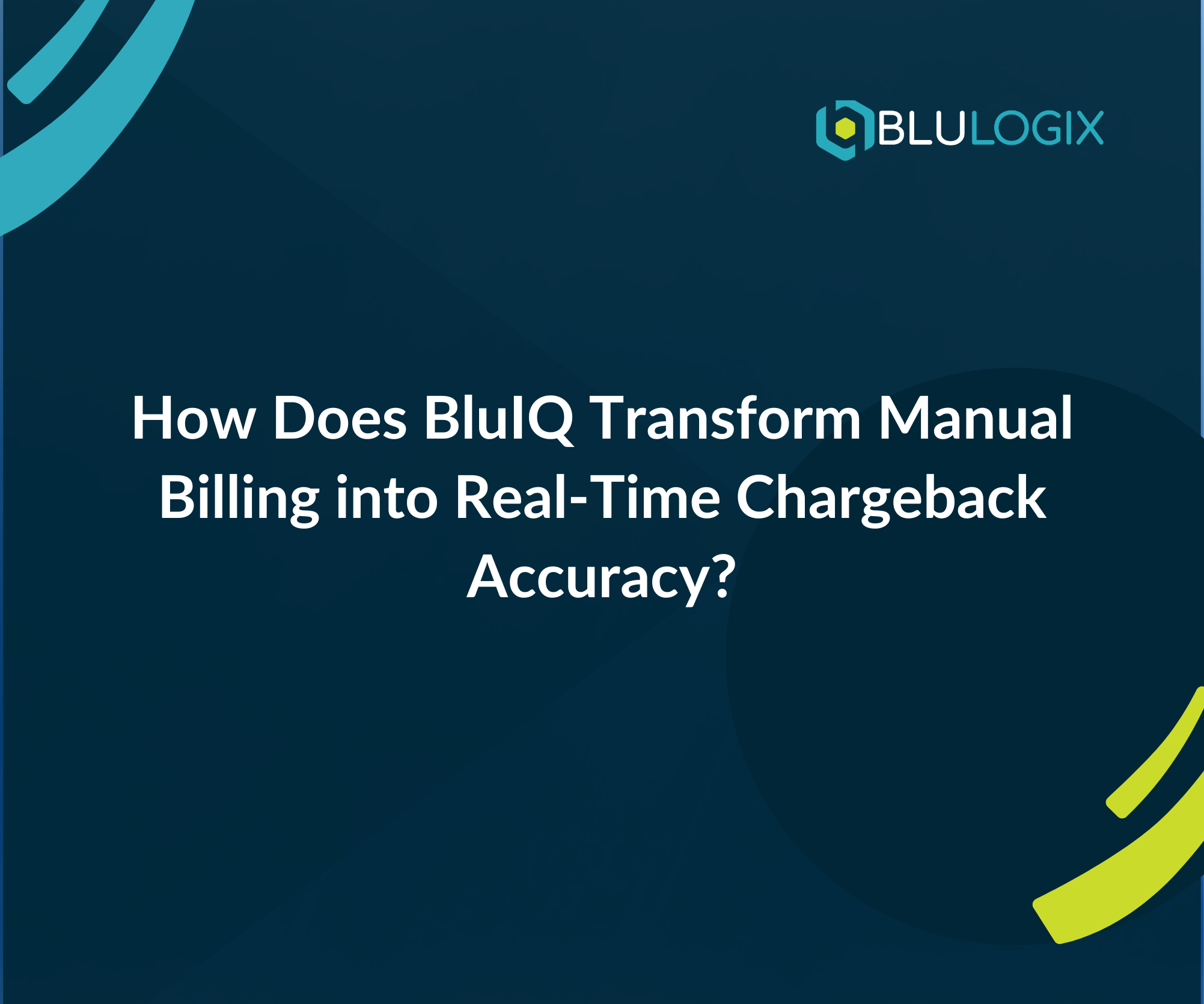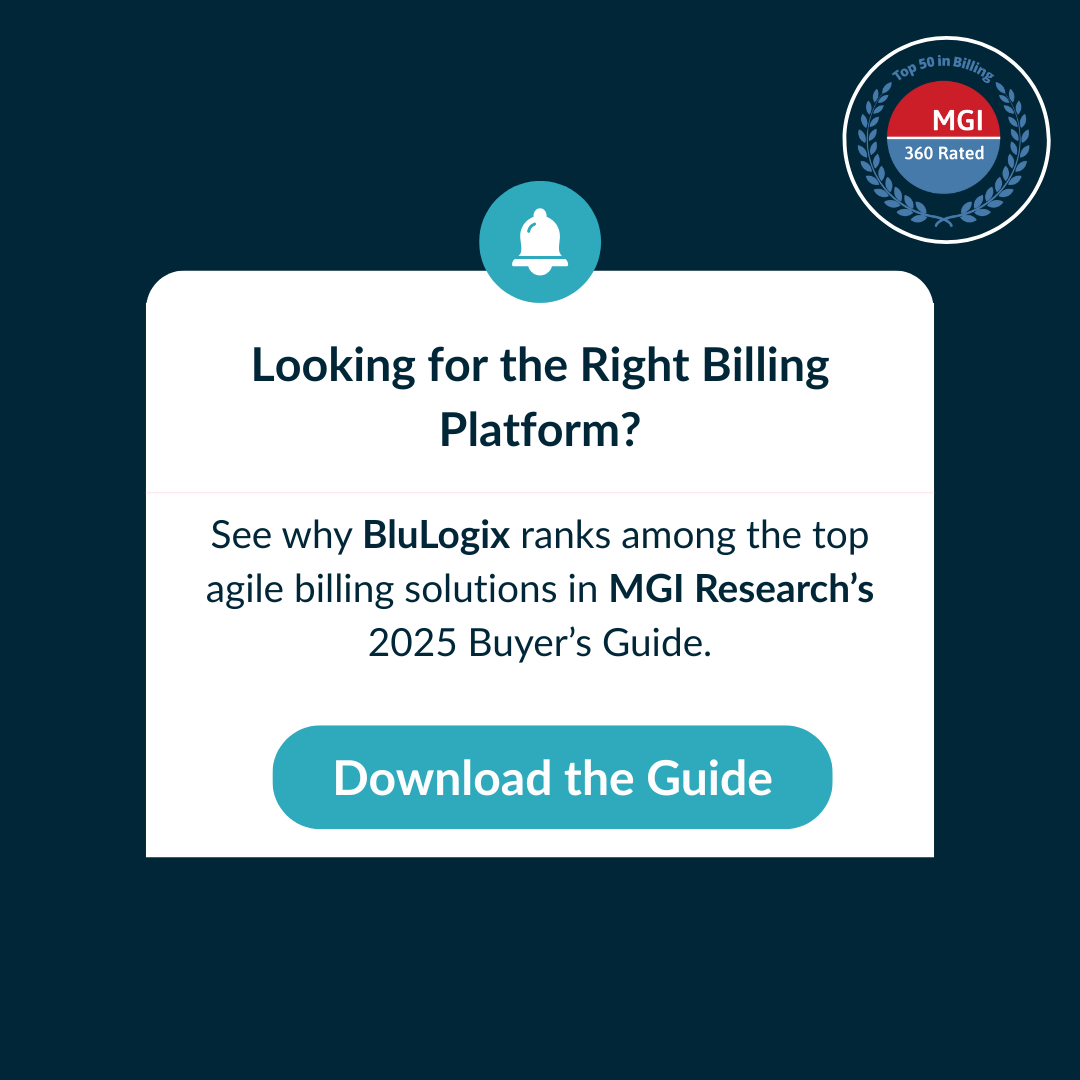Overcoming Revenue Leakage with Smarter Billing Practices
Revenue leakage is one of the most insidious challenges subscription-based businesses face. Whether through pricing errors, missed renewals, or incomplete billing processes, these small inefficiencies can add up to significant lost revenue over time. In today’s competitive subscription economy, addressing revenue leakage isn’t optional—it’s critical for sustaining profitability and building trust with customers.
The increasing complexity of subscription billing, driven by trends like metered pricing models and hybrid subscription structures, has heightened the risk of revenue leakage. However, businesses equipped with smarter billing practices and automation tools can mitigate these risks and safeguard their bottom line.
Ready to see how BluIQ can transform your billing process and help you achieve integrated, automated, and accurate complex monetization? Schedule a demo with a BluLogix billing expert today and take the first step towards revolutionizing your revenue management.
Understanding Revenue Leakage
Revenue leakage occurs when businesses fail to collect revenue they’ve rightfully earned. Common sources include:
- Pricing Errors: Incorrect pricing configurations can result in undercharging customers or failing to apply agreed-upon rates.
- Missed Renewals: Subscription renewals that aren’t properly tracked can lead to lapsed contracts and lost revenue streams.
- Incomplete Billing: Failing to bill for every component of a service or offering can leave money on the table.
- Usage Miscalculations: For businesses using metered or usage-based pricing, inaccurate tracking of customer consumption can lead to significant shortfalls.
As billing systems grow more complex, the risk of leakage increases. Without automated tools to ensure accuracy, these errors become more frequent and harder to catch.
The Role of Smarter Billing Practices
The first step in addressing revenue leakage is adopting smarter billing practices that emphasize transparency, accuracy, and efficiency. These practices not only protect revenue but also enhance the customer experience by providing clear and accurate invoicing.
Key practices include:
- Accurate Usage Tracking: For businesses adopting metered pricing, precise tracking of customer consumption is essential. Advanced billing systems ensure every unit of service is accounted for.
- Streamlined Renewals: Automated renewal management eliminates the risk of lapsed contracts, ensuring customers stay engaged and revenue streams remain intact.
- Itemized Invoicing: Transparent invoices that clearly outline charges and usage reduce customer disputes and build trust.
- Consistent Pricing Configurations: Smarter billing tools help enforce consistent pricing rules, preventing undercharges or misapplied discounts.
The Power of Automation
Automation is the backbone of modern subscription billing systems. It reduces manual errors, ensures compliance with complex pricing structures, and enables businesses to scale without losing operational efficiency.
Here’s how billing automation helps prevent revenue leakage:
- Eliminates Manual Errors: Automation minimizes the risk of human error in pricing configurations, invoicing, and usage tracking.
- Tracks Usage in Real Time: Advanced systems capture real-time data to ensure accurate billing for consumption-based services.
- Manages Renewals Proactively: Automated notifications and dashboards ensure no contract or subscription is overlooked.
- Integrates Seamlessly with Subscription Management: Billing software integrated with subscription management tools creates a cohesive system for tracking and invoicing.
Revenue leakage is a quiet drain on profitability, but with the right tools and practices, businesses can close these gaps and create a stronger financial foundation for growth.
Addressing Complexity with Smarter Systems
The subscription economy is becoming increasingly intricate, with businesses offering tailored bundles, hybrid pricing models, and metered services. Managing this complexity requires billing systems that are flexible, integrated, and automated.
Businesses can stay ahead by:
- Investing in Scalable Billing Solutions: Choose platforms that adapt to evolving pricing models and subscription offerings.
- Prioritizing Data Accuracy: Leverage tools that ensure accurate tracking of usage, pricing, and renewals.
- Focusing on Customer Transparency: Build trust through clear, itemized invoicing and proactive communication about renewals and charges.
Why Revenue Leakage Matters
Addressing revenue leakage isn’t just about protecting profits—it’s about maintaining trust with customers and ensuring the business can scale effectively. Leakage impacts not only the bottom line but also operational resilience and customer satisfaction.
Businesses that take steps to reduce leakage can:
- Maximize Profitability: Capture every dollar earned, strengthening financial performance.
- Enhance Customer Relationships: Transparent billing builds trust and reduces disputes.
- Improve Operational Efficiency: Automation and smarter systems free up resources for strategic growth initiatives.
Preparing for Growth
In a dynamic market where subscription management and billing automation are key differentiators, businesses must address revenue leakage to remain competitive. By investing in smarter systems and adopting best practices, companies can protect their revenue streams and position themselves for scalable growth.
This focus on operational excellence isn’t just a defensive strategy—it’s a proactive approach to creating a stronger foundation for future success. With industry trends like usage-based pricing and complex provisioning reshaping the market, businesses that adapt will thrive while those that don’t risk being left behind.
Ready to see how BluIQ can transform your billing process and help you achieve integrated, automated, and accurate complex monetization? Schedule a demo with a BluLogix billing expert today and take the first step towards revolutionizing your revenue management.
Learn more

How AI and Predictive Analytics Are Transforming Revenue Processes for Finance Teams

How Can Public Sector Organizations Turn Chargeback into Strategic Cost Recovery?



